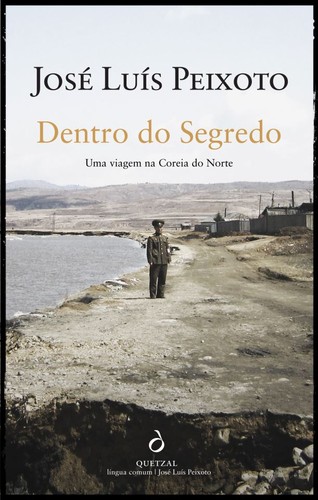And as much as I’d like to believe there’s a truth beyond illusion, I’ve come to believe that there’s no truth beyond illusion. Because, between ‘reality’ on the one hand, and the point where the mind strikes reality, there’s a middle zone, a rainbow edge where beauty comes into being, where two very different surfaces mingle and blur to provide what life does not: and this is the space where all art exists, and all magic.
A crítica, parece-me não tem sabido estar em grande harmonia. Ora há quem ache que é temos aqui umas das coisinhas mais sobrevalorizadas da última década, ora temos muito boa gente, comme moi meme, que estão em vias de ter um surimpampo com tamanha obra prima. A bem ou a mal 'O Pintassilgo' ganhou um Pulitzer e isso ninguém lhe tira.
Donna Tarter, com a personagem Teo Decker, decompõe num raciocínio inquietantemente emocional o motivo para prosseguir uma vida moralmente estéril. O Teo é o resultado das escolhas e respostas mais difíceis. Porque somos o que somos? Porque escolhemos fazer o que fazemos? Que bem há no que somos? Que bem há no que fazemos? Que piada infinita (inserir: David Foster) é esta?
I look at the blanked-out faces of the other passengers--hoisting their briefcases, their backpacks, shuffling to disembark--and I think of what Hobie said: beauty alters the grain of reality. And I keep thinking too of the more conventional wisdom: namely, that the pursuit of pure beauty is a trap, a fast track to bitterness and sorrow, that beauty has to be wedded to something more meaningful.
Only what is that thing? Why am I made the way I am? Why do I care about all the wrong things, and nothing at all for the right ones? Or, to tip it another way: how can I see so clearly that everything I love or care about is illusion, and yet--for me, anyway--all that's worth living for lies in that charm?
A great sorrow, and one that I am only beginning to understand: we don't get to choose our own hearts. We can't make ourselves want what's good for us or what's good for other people. We don't get to choose the people we are.
Because--isn't it drilled into us constantly, from childhood on, an unquestioned platitude in the culture--? From William Blake to Lady Gaga, from Rousseau to Rumi to Tosca to Mister Rogers, it's a curiously uniform message, accepted from high to low: when in doubt, what to do? How do we know what's right for us? Every shrink, every career counselor, every Disney princess knows the answer: "Be yourself." "Follow your heart."
Only here's what I really, really want someone to explain to me. What if one happens to be possessed of a heart that can't be trusted--? What if the heart, for its own unfathomable reasons, leads one willfully and in a cloud of unspeakable radiance away from health, domesticity, civic responsibility and strong social connections and all the blandly-held common virtues and instead straight toward a beautiful flare of ruin, self-immolation, disaster?...If your deepest self is singing and coaxing you straight toward the bonfire, is it better to turn away? Stop your ears with wax? Ignore all the perverse glory your heart is screaming at you? Set yourself on the course that will lead you dutifully towards the norm, reasonable hours and regular medical check-ups, stable relationships and steady career advancement the New York Times and brunch on Sunday, all with the promise of being somehow a better person? Or...is it better to throw yourself head first and laughing into the holy rage calling your name?
- 13:59
- 0 Comments



